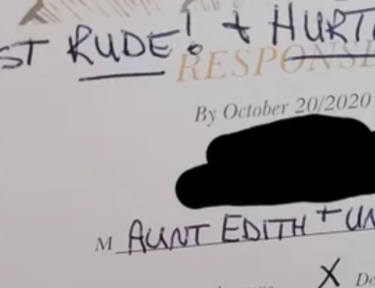New Study Shares Important Findings About the Effects of the COVID-19 Vaccine on Pregnant Women
For many people, getting the COVID-19 vaccine is a no-brainer. Of course they’re going to get it as soon as they are eligible and able to make an appointment. Sure, some people have side effects like arm pain, headaches and fatigue, but it’s worth it to avoid getting COVID-19.
While the decision is easy for many people, it’s not easy for everyone. For example, if you’re pregnant the decision becomes more complex. Pregnant women were not included in the initial study of the vaccine, so many women with babies on the way are hesitant to get vaccinated. They want to protect themselves and their unborn baby, but they do not want to risk potentially serious complications.
Thankfully, a new study that includes pregnant women is proving that it is safe to get vaccinated for COVID-19 while pregnant. In fact, according to the study, the vaccine protects not only the pregnant mom but also the unborn baby. According to the study, the earlier in her pregnancy that a pregnant woman gets vaccinated, the higher the chance that she’ll pass COVID-19 antibodies on to her baby.
Dr. Emily Miller is co-author of the study. In a news release, she explained, “We strongly recommend you get the vaccine while pregnant. But if you’re fearing vaccination might harm the baby, these data tell us quite the opposite. The vaccine is a mechanism to protect your baby, and the sooner you get it, the better.”
Watch the video below to learn more about what happens when pregnant women get the COVID-19 vaccine.
As mentioned in the video, if you are pregnant, it is very important to talk to your doctor before getting vaccinated for COVID-19. It might not be the right decision for every pregnant woman especially if you have a history of high risk pregnancies or premature delivery.
Do you know anyone who is hesitant to get vaccinated for COVID-19 because she is pregnant? Does this new research make you feel more confident about getting vaccinated while pregnant?




